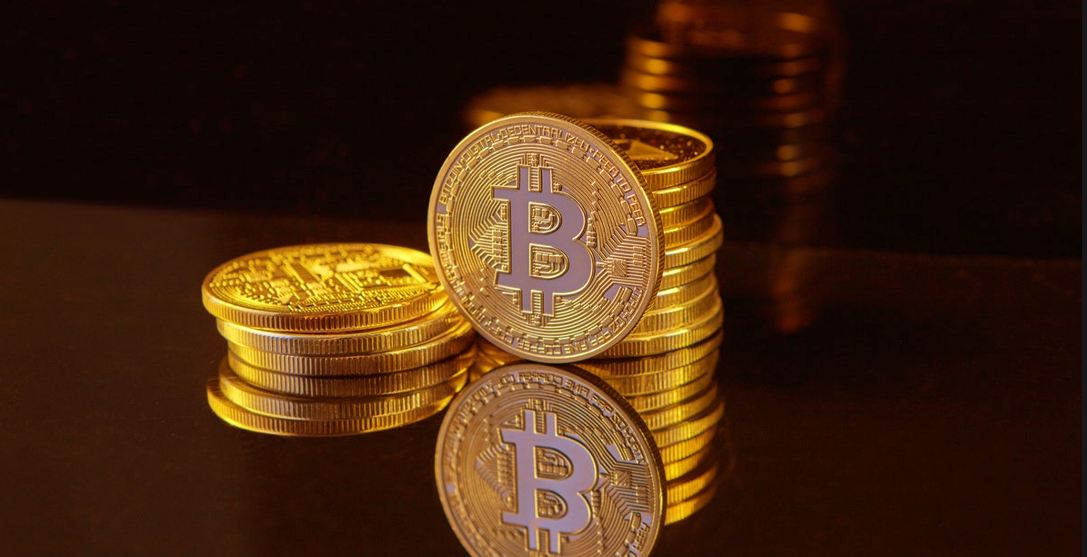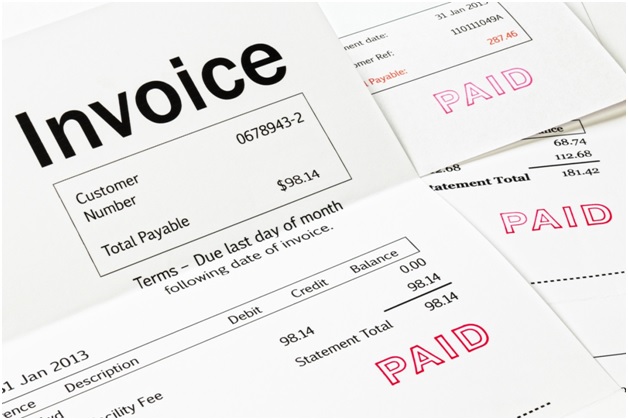In a rapidly evolving world, where knowledge and skills hold the key to success, the traditional education system often falls short in meeting the demands of modern learners. The rise of decentralized learning platforms, powered by blockchain technology such as Ethereum, has the potential to revolutionize the way we acquire and enhance our skills. This article delves into the intricacies of skill enrichment and Ethereum’s pivotal role in transforming decentralized learning. If Ethereum intrigues you, delve into its impact on the realm of justice. Explore Ethereum’s contribution to justice for an in-depth understanding.
The Evolution of Traditional Learning
- Limitations of Traditional Educational Systems
Traditional education systems have long been criticized for their rigid structures, high costs, and limited accessibility. Many learners find themselves constrained by the one-size-fits-all approach, which may not cater to their unique needs and interests. Additionally, the slow pace of curriculum updates often lags behind the rapid changes in technology and industry requirements.
- Emergence of Online Learning Platforms
The advent of online learning platforms like Coursera, edX, and Khan Academy marked a significant shift in education. These platforms offer flexibility, allowing learners to access a wide range of courses from the comfort of their homes. However, they still operate on centralized servers, which can pose security and data privacy concerns.
- The Need for Decentralization in Education
Decentralized learning platforms aim to address these shortcomings by harnessing the power of blockchain technology, particularly Ethereum. Decentralization offers several advantages, including increased transparency, security, and the removal of intermediaries. This enables learners to have greater control over their education while maintaining trust in the system.
Ethereum’s Role in Decentralized Learning
Understanding Ethereum and Blockchain Technology
Ethereum is a decentralized, open-source blockchain platform that allows developers to create decentralized applications (dApps) through smart contracts. These smart contracts are self-executing agreements with predefined rules, enabling trustless transactions and automation.
Smart Contracts and Their Application in Education
In the context of decentralized learning, smart contracts play a pivotal role. They can be used to facilitate course enrollment, certification issuance, and even the creation of decentralized autonomous organizations (DAOs) that govern educational institutions. Smart contracts ensure transparency and accountability in every step of the learning process.
Advantages of Using Ethereum in Learning Platforms
- Immutability: Once data is recorded on the Ethereum blockchain, it becomes immutable and tamper-proof, ensuring the credibility of certifications and achievements.
- Security: Ethereum’s robust security features protect user data and prevent unauthorized access, mitigating the risks associated with centralized platforms.
- Global Accessibility: Ethereum-based learning platforms are accessible to anyone with an internet connection, transcending geographical boundaries.
Decentralized Learning Platforms Powered by Ethereum
Case Studies of Successful Decentralized Learning Projects
Let’s explore a few noteworthy examples of decentralized learning platforms utilizing Ethereum:
Several successful decentralized learning projects utilizing Ethereum have emerged as pioneers in reshaping the education landscape. EduDAO, for instance, stands out for its learner-centric approach, leveraging decentralized autonomous organizations (DAOs) to facilitate transparent decision-making. Blockchain has introduced tokenization into education by using Ethereum to tokenize course enrollment and track completion, effectively incentivizing learning with cryptocurrencies. CertifyEd, on the other hand, focuses on immutability and trust, recording certifications on the Ethereum blockchain to create an indisputable and tamper-proof record of achievements. These projects demonstrate the diverse applications and advantages of Ethereum in revolutionizing education, from transparent governance to the tokenization of learning, and the assurance of credential authenticity.
How Ethereum Enhances Security and Transparency in Education
Traditional institutions are often marred by scandals involving forged degrees and credentials. Ethereum’s blockchain technology eliminates this issue by creating a transparent and tamper-proof record of achievements, making it nearly impossible to counterfeit certificates.
Tokenization of Education: Incentivizing Learning through Cryptocurrencies
Ethereum-based learning platforms often use their native tokens to incentivize learners. By earning tokens for course completion and other achievements, learners are motivated to engage actively and continually enhance their skills. This tokenization creates a self-sustaining ecosystem.
Challenges and Concerns
- Scalability Issues in Ethereum
While Ethereum offers significant advantages, it currently faces scalability issues. High gas fees and slow transaction speeds can hinder the growth of decentralized learning platforms. Layer 2 solutions and Ethereum 2.0 upgrades are being developed to address these challenges.
- Regulatory Hurdles and Legal Considerations
The regulatory landscape for decentralized education is still evolving. Issues related to accreditation, intellectual property, and data privacy require careful consideration and adaptation to comply with regional laws.
- Ensuring Data Privacy in Decentralized Education
While Ethereum provides robust security, it’s essential to strike a balance between transparency and data privacy. Innovations in privacy-focused technologies within the Ethereum ecosystem are addressing this concern.
The Future of Skill Enrichment with Ethereum
- Potential Innovations and Developments in Decentralized Education
The future of decentralized education is promising. Innovations such as decentralized autonomous organizations (DAOs) for accreditation, AI-driven personalized learning paths, and virtual reality-based classrooms are on the horizon, promising a richer and more immersive learning experience.
- Expanding Access to Education through Global Participation
Decentralized learning platforms have the potential to democratize education by providing access to high-quality courses and certifications worldwide. This can bridge the educational gap and empower learners from underserved regions.
- The Role of Decentralized Autonomous Organizations (DAOs) in Education
DAOs are poised to play a pivotal role in governing decentralized educational institutions. Learners, educators, and stakeholders can collectively make decisions about curriculum, certifications, and platform improvements, creating a truly democratic and learner-centric environment.
Conclusion
In summary, Ethereum plays a pivotal role in reshaping decentralized learning platforms, addressing the shortcomings of conventional education. This innovative technology, along with the integration of blockchain, novel incentives, and governance models, holds the promise of empowering learners, fostering skill development, and creating an educational environment that is both inclusive and adaptable. As Ethereum undergoes continuous evolution, it is poised to profoundly transform the landscape of skill enrichment and learning, leaving a lasting impact for generations to come.



